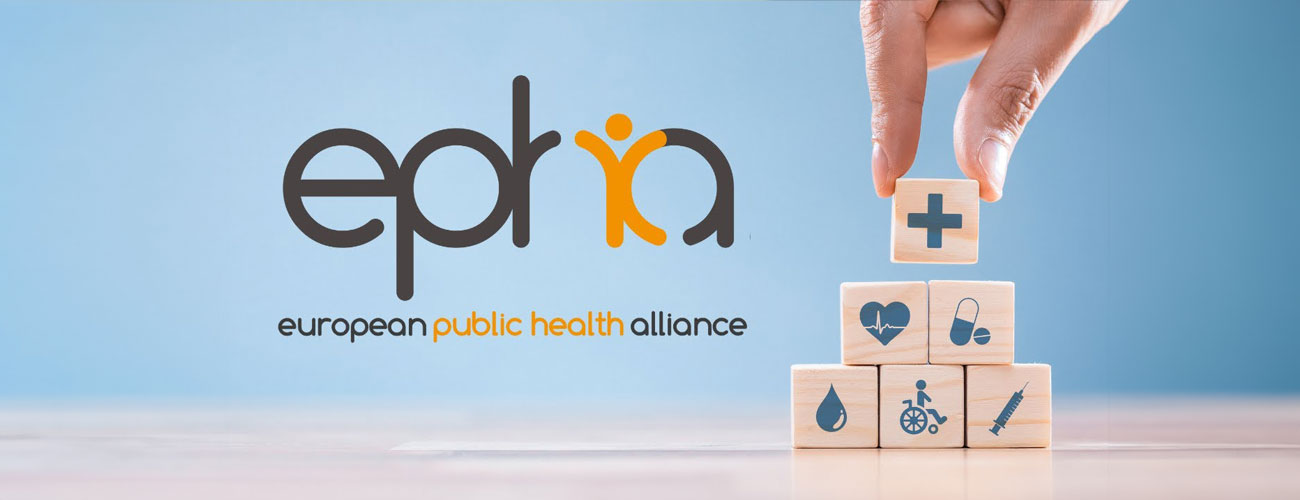The European Public Health Alliance (EPHA) is reported to be in chaos amid allegations of a “toxic work culture.”
The EPHA claims to serve as an “advocate for the protection and improvement of public health in Europe, both via health policies and across all other relevant policy areas that have an impact on health.”
It has backed the World Health Organisation in its push for tighter regulation on nicotine alternatives such as vaping, despite evidence showing they can be a life-saving tool in helping people to quit smoking.
But the non-governmental organisation (NGO) is said to be in crisis after a wave of accusations and resignations – with only three people left sitting on the Board.
The Board, composed of elected nominees from EPHA members, provides “advice, direction, and is the highest decision-making and governance authority”.
However, last week, EPHA president Alice Chapman-Hatchett stood down. This came hot on the heels of the treasurer Claudia Marinetti leaving amid an internal audit and allegations of nepotism and mismanagement.
EU influence, the weekly newsletter from political news website POLITICO, reports that staff aren’t leaving quietly, with letters and emails full of accusations about a toxic work culture at the Brussels-based organisation.
POLITICO says it has seen a letter from board member and programs director Denis Onyango in which he says he stood down because of a “lack of confidence” in an investigation being carried out in the EPHA by law firm Thales.
His letter is said to argue that the investigation is “too vague and doesn’t get to the heart of some of the complaints made against EPHA.” The complaints are reported to include EPHA’s Director General Milka Sokolović having hired her husband, Aleksandar Sokolović, to head up organisational development at the NGO.
EU Influence quotes Thales as saying: “We strongly deny the allegations you have brought to our attention and would like to remind you that we adhere to the highest ethical and professional standards.”
Onyango is reported to have questioned whether staff members would be able to influence the ongoing investigations, and accused EPHA of going into “complete defensive mode,” with ex-staffers suffering “despair and depression” because of the “toxic” work environment.
Vice president Freek Spinnewijn has also resigned, according to POLITICO, saying it was “impossible to function as a board member whilst under a cloud of suspicion.”
He wrote that his “trustworthiness” has been “actively undermined by the leadership of EPHA in the last couple of months,” and said he had expressed concerns about the strategic direction and the role of the management of the organisation in recent years.
He also referred to a complaint made against him by the director general, saying that while he was “certain” he hadn’t made any mistakes and “always acted professionally and in the general interest of EPHA as a board member,” his role on the board was “impossible.”
Asked by POLITICO about the complaint, Spinnewijn said he “refutes all the allegations made against me by the director general in the strongest possible terms.”
Sokolović told EU Influence that EPHA’s policy is “not to comment on internal HR matters.”
In an internal email seen by POLITICO, EPHA president Jean-Paul Zerbib confirmed that external occupational health service Mensura was investigating alleged claims of harassment (which POLITICO understands is the complaint by Sokolović against Spinnewijn).
Mensura is also said to be conducting an investigation into the overall “psychosocial risk intervention” in the organisation.
The email also confirmed the resignation last week of board member Brian Ward, who told POLITICO he had explained his reasons internally and had “no desire to elaborate further.”



